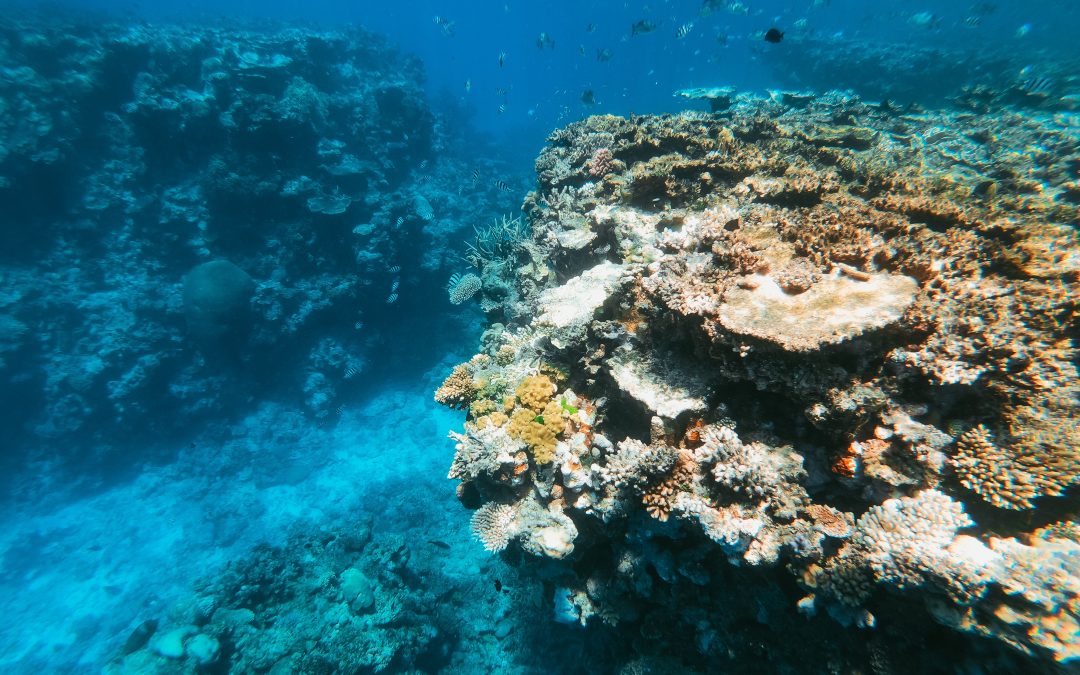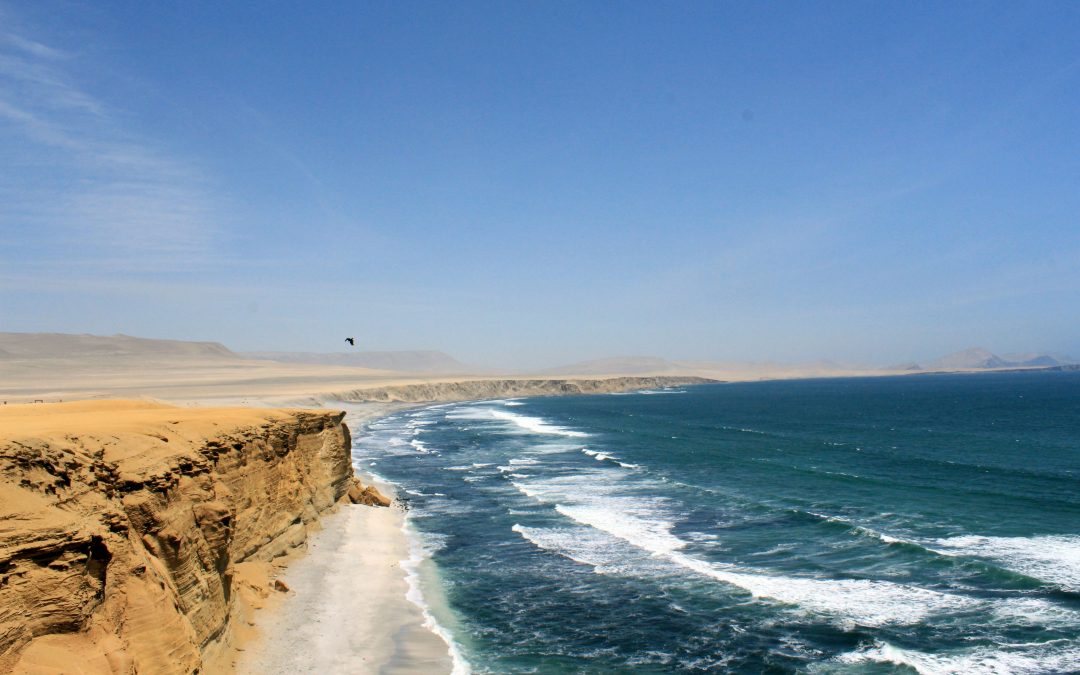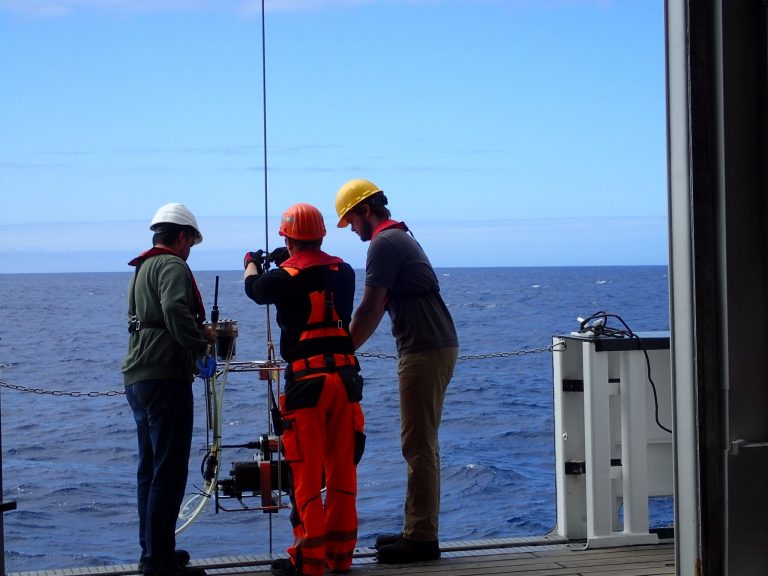
June 3, 2020
climate response
ocean health
A new study finds that ocean absorption of CO2 rises and falls along with human activity and natural phenomena. The findings are important for understanding how much the oceans will offset future climate change.

October 8, 2019
climate change
climate response
ocean health
Sonya Dyhrman, a microbial oceanographer at Columbia’s Lamont-Doherty Earth Observatory, explains how human-caused climate change is harming ocean health.

June 24, 2019
climate change
climate response
ocean health
Climate models predict that as a result of human-induced climate change, the surface of the Pacific Ocean should be warming. But one key part is not.

April 29, 2019
climate change
ocean health
A new study suggests that bacteria may respire more carbon dioxide from the shallow oceans to the air as oceans warm, reducing the deep oceans’ ability to store carbon.

February 15, 2019
fundamental science
ocean health
A new study co-authored by scientists at Columbia’s Lamont-Doherty Earth Observatory shows that phosphorus and nitrogen should be reduced to mitigate harmful algae blooms in coastal New York waters.





